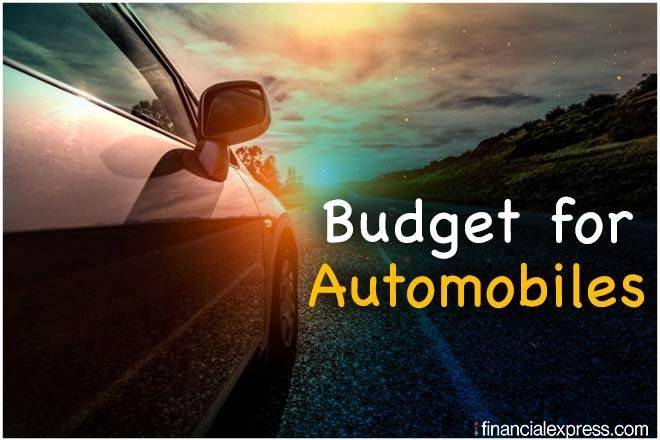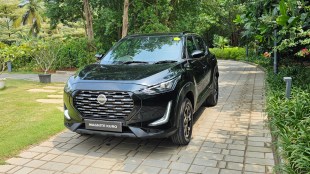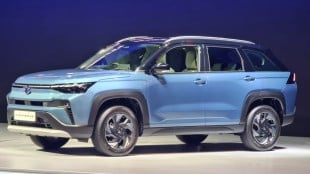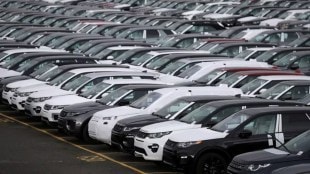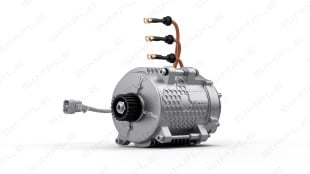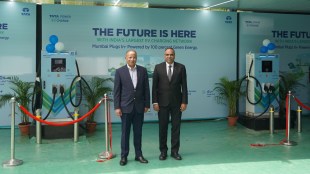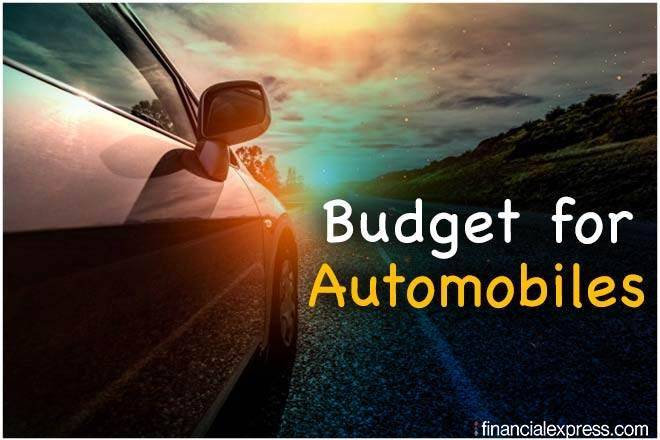
The year 2019 was one of the toughest years the Indian automobile industry has had to undergo a severe slump in sales affected almost all vehicle manufacturers. The reasons that were cited included an overall low consumer sentiment, and the upcoming transition to BS-VI emissions standards as well. And now, as PM Narendra Modi-led government prepares to present the first budget of its second term on 1st February, expectations run high among vehicle manufacturers with a hope that Finance Minister Nirmala Sitharaman would announce favourable policies and incentives. Some of the car & component manufacturers and startups sent their expectations from the Budget 2020 to us. They are as follows:
SIAM – Rajan Wadhera, President of the Society of Indian Automobile Manufacturers
“As SIAM we have urged the Finance Ministry to consider announcing an incentive-based Scrappage Policy and also increase budget allocation for ICE bus procurement by state transport undertakings. The increased cost of BSVI may affect demand, hence we have also requested the Government to reduce GST rates for BSVI vehicles effective 1st April from 28% to 18%.”.
MG Motor India – Rajeev Chaba, President & Managing Director
“The budget announcements will be key to setting the tone for 2020 for the automotive industry. The government’s recent announcements on the promotion of EVs in India, especially for government use and public transport, is encouraging. However, we feel that more work needs to be done to promote EV adoption in India not only in public transport but amongst private customers as well.
We hope that the government provides the right policy, incentives, and charging infrastructure to put more EVs on the road. It should also look at providing incentives to stakeholders for sourcing critical raw materials for EV battery manufacturing in India. This will enable a strong EV-centric ecosystem and will be beneficial for the long-term growth of this high-potential space.
The government should also look at offsetting the increase in GST costs due to the recently-introduced BS-VI norms to stimulate market demand for ICE vehicles.”
Truebil – Shubh Bansal, Co-Founder
“We have strong expectations from the Union budget when it comes to reduction in GST charges as it will encourage foreign investors to invest more in Indian startups. One of the biggest steps from the Indian government in tax norms has been the relaxation of the angel tax for the startups registered.
A reduction in personal income tax is necessary as it will put more money in the hands of the consumer. The assumption being that this extra money would then be spent on buying goods and/or services, thereby stoking demand.”
Droom– Sandeep Aggarwal, Founder & CEO
“We expect them to provide startups with no capital-gain tax and no dividend, like how it is in Singapore, thus enabling companies funded by VCs to invest more in their R&D or founders to have great incentive. Secondly, we hope the government allows Indian companies to be listed directly in Foreign Stock Exchange without having to necessarily get listed in the country. Third, if we can have a single window for all the registrations like company incorporation, shop establishment, GST registration etc. along with the company registration, that will help save time, efforts, and money considerably.
“Fourth, while the government has made significant efforts in terms of winding down a company, we hope a shorter turnaround for this as well. Apart from these, repatriation of the money from our country to foreign investors should become easier. Further, it will be highly beneficial if the government can bring the 15 public sector banks and 5 financial institutions onboard the early-stage investment drive by facilitating a VC arm and allocating perhaps 200-500 million each to fund seed, pre-series A, or up to series A rounds for startups. The economic multiplier will be very large in terms of the returns it can generate, the employment opportunities that it can create, and the economic progress that it can deliver.”
Steelbird International – Manav Kapur, Executive Director
“As the automotive and its ancillary industries went through a tough time in the last few quarters and the situation is still alarming for the majority of players, the Finance Minister should come up with effective remedial measures to address the current challenges. As the country is going to adopt the BS-VI norm, which will eventually lead to price escalation, to compensate it, the Government should significantly reduce GST on automobiles. Besides, to boost market demand, the interest rate should be lowered on car, bike, and personal loans. Also, the industry seeks softer road and transport policies to overcome the existing slowdown.”
BioD Energy (India) Pvt Ltd- Shiva Vig, Group CEO
“Looking at the grim situation of smog and hazardous air pollution around Diwali festival in northern India and other parts of the country, identifying and implementing new and sustainable fuels is the need of the hour. Usage of biodiesel not only in automobiles, residential generators but also in industrial use, typically brings a reduction in greenhouse gases from 75-90 per cent everywhere relative to fossil diesel. Thus, dedicated funds must be allocated for developing the infrastructure for such biodiesel producing units.”
